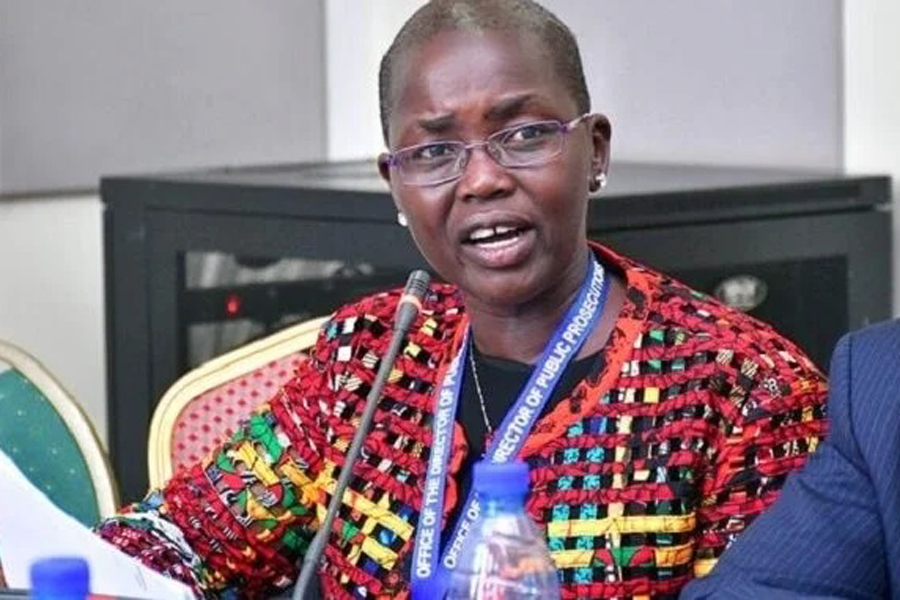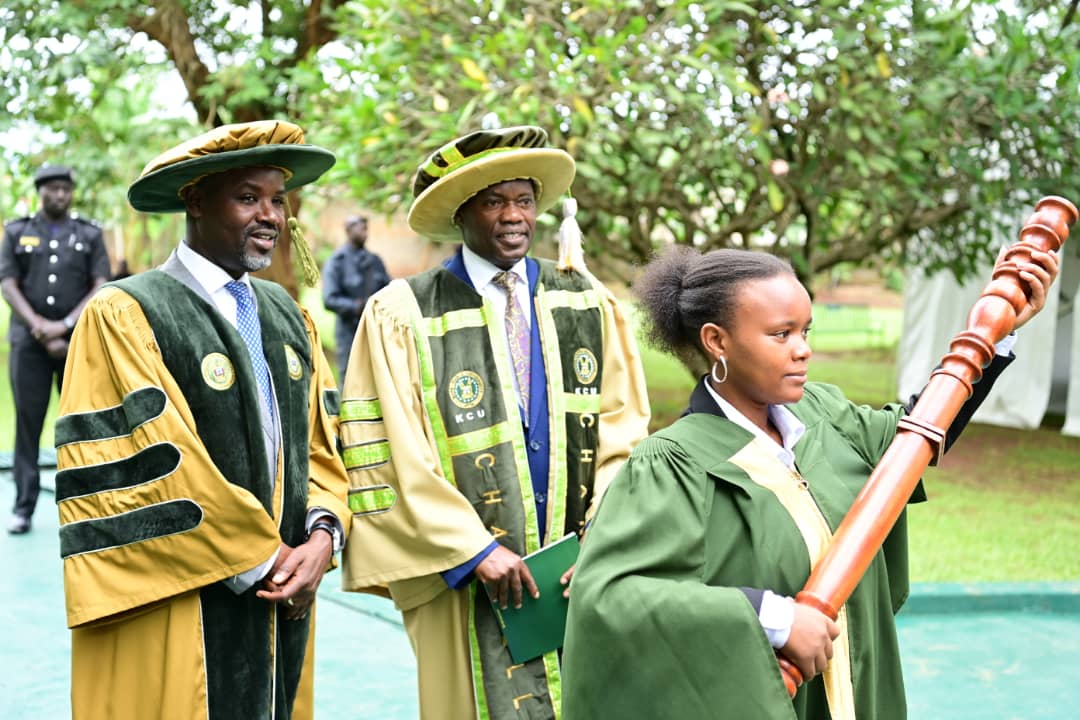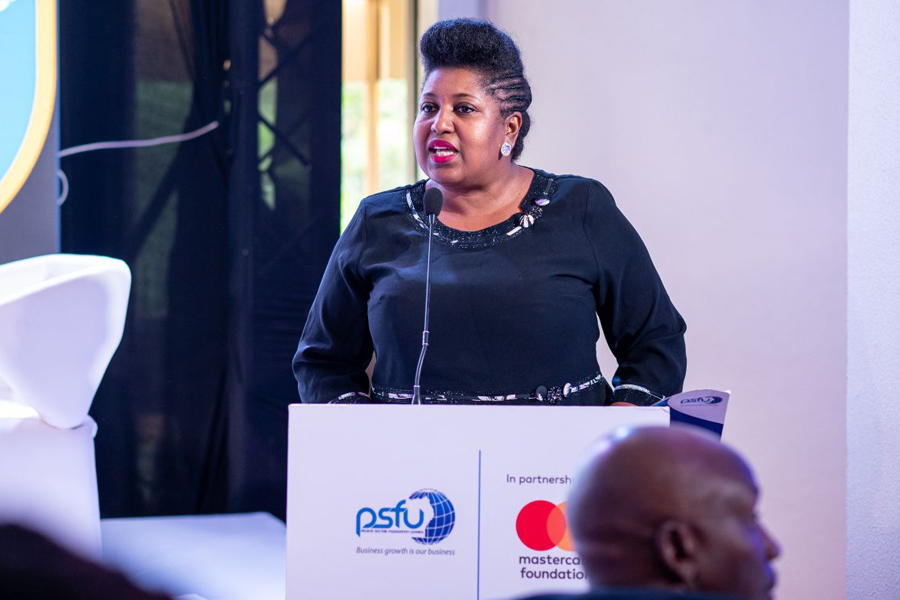Opinion: Whose language should the kids speak at home?
By Michael Woira
I have for a long time had arguments with some of my friends on whose language our kids should speak while at home especially if the parents intermarriage and both speak different languages.
This discussion has exposed me to different ideas and several reasons for children speaking the languages they speak at home.
There is a way our culture is fading because of the Mzungu who colonized us and westernized everything here. If you don’t speak English fluently, everyone will take you for an illiterate and during our school days they could even make us spend the whole day wearing bones as necklaces because of speaking our local languages.
So it used to be suicidal speaking a local language at school.
Now, there is an issue that has brought more trouble in homes and this is when the parents belong to different cultures, tribes and religions, this has confused many children at home having a common culture because each of the parent would wish their kids to adapt to theirs but while I was having a conversation with one of my friends, Suzan assured me that children will always speak their mothers language because it’s always the mothers that give them enough time, she says that fathers always tend to be busy and never give time to their children and even when they give them time it’s always English that they speak.
It’s now common knowledge that children will always speak their mother’s languages, all along I have been wondering why they call our local languages mother languages but now I know that since its mothers that spend the rest of the time with the young ones at home, these kids easily speak their mothers language more than they can speak their fathers but it’s also important to note that children must adapt to the culture of their father because its where they belong and seems like it’s the fathers to blame for this.
Deciding which language or languages to speak to your child can be a worrying and confusing issue.
This is particularly true if you have more than two languages to choose from.
The more languages you have in your language environment, the more confusing it becomes.
Should you concentrate on the majority language or should you speak a minority language or its better speaking a language you know very well? The answer may seem obvious, but to many it is not.
Speaking to your child in your native language, or the language you are most comfortable in does
wonders for children's language development and acquisition, regardless of what language is being
spoken.
When parents and children share discussions in their native language, they experience
greater levels of closeness and engagement with each other.
Parents are able to provide richer vocabulary and account in their speech, giving children more tools to describe and relate to the world around them.
This knowledge provides children with a great base for learning other languages like English which everyone now thinks is the language of elites.
I have listened to stories of people, who grew up in multicultural homes with a father from the North and a mother from the West, but all these friends of mine speak their mother’s language and English better than they speak their father’s language and some even don’t speak the father’s language at all.
I sometimes worry that when I marry from a different culture our kids are going to lose parts of their heritage and of course this is true but maybe it’s a combined effort of the mother and father to give time to the young ones to keep up with both the cultures.
Perhaps there is no one right way to do it.
Maybe it’s also very important to keep using home languages both in the early years foundation stage setting and at home because the first or home language has a continuing and significant role in identity, learning and the acquisition of additional languages.
I have on many occasions told my fellows that developing and maintaining a home language as the foundation for knowledge about language will support the development of English and should be encouraged, Insistence on an English only approach to language learning in the home is likely to result in a scrappy development where the child is denied the opportunity to develop expertise in either language.
Pupils will not be delayed in their English language development if they are encouraged to use their home language.
Some language experts say that if children continue using home languages alongside their new language acquisition will make the process of learning English faster and easier.
We should all now know that if our home languages are valued and celebrated within the school environment, then this will send a powerful message to pupils about their identity and they will be proud of their culture.
If they feel that their previous experiences of life and learning are not valued within school then this will only hinder their language acquisition. Valuing pupils’ home languages will increase their chances of successful learning.
To the parents, always remember that you are your child's first and most important educator and children need to be able to speak, read and write the home language so as you all wish your children can speak like Americans, let them be able to speak their local languages like you.













